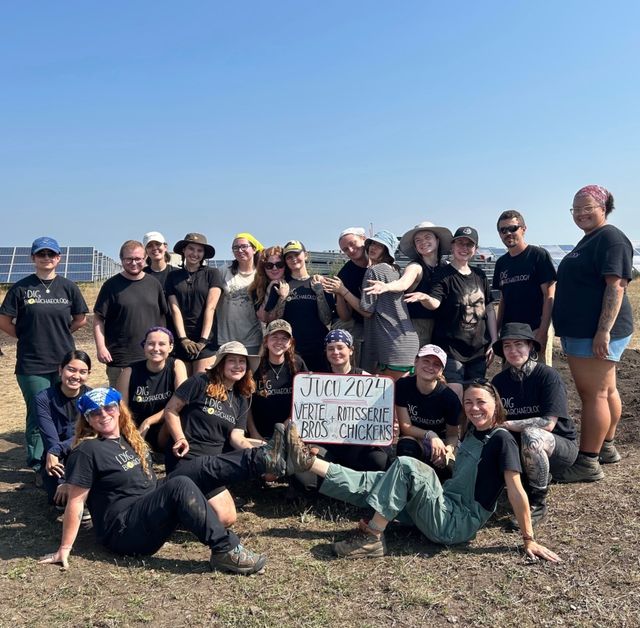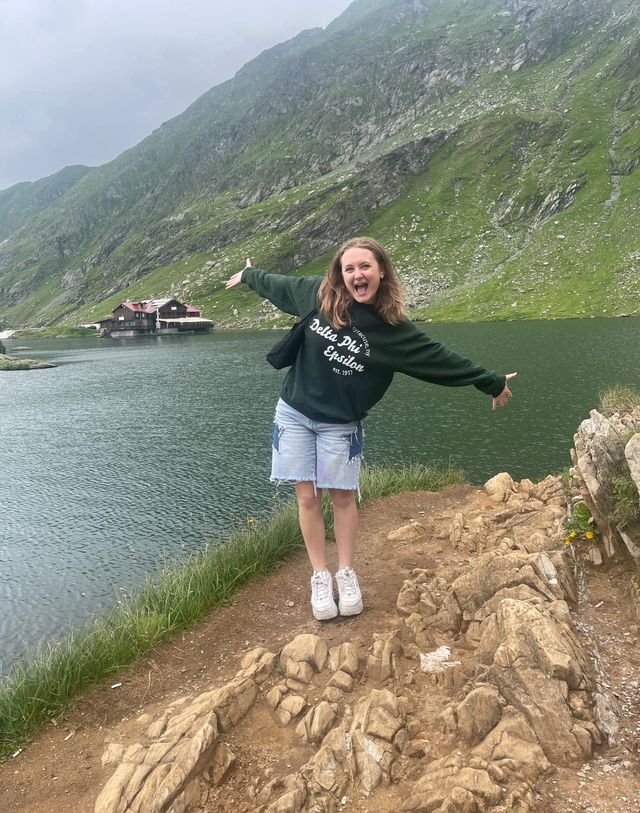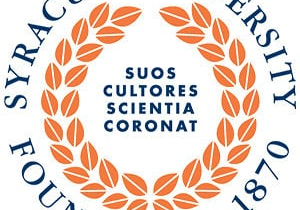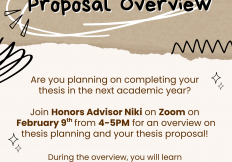
Maryn Ascher
I used my Professional Development Grant to fund my tuition for the Jucu Project Field School through Transylvania Bioarchaeology! The field school is a five-week program in Cluj-Napoca, Romania, which teaches students how to excavate human remains and how to conduct some of the main aspects of lab work: identifying the age, sex, and stature of a skeleton, as well as an analysis of potential diseases present on their bones. The field school also included a five-day trip where we explored the Transylvania region of Romania! This experience gave me valuable hands-on work with real human remains and led to many in-depth discussions on the ethics behind why archaeologists do what they do.
This experience showed me what a potential career in bioarchaeology would look like. It also included a forensic anthropology practical, where we practiced uncovering remains from the ground and bagging them for further analysis in a forensic context. It showed me the differences between bioarchaeology and forensic anthropology, one of which is the time constraints that are involved in forensics. We also discussed many of the differences between these two fields in our lectures, such as the controversial use of ancestry estimations in the forensic field.
Attending Transylvania Bioarchaeology gave me an idea of the direction I might want to take in my career after college, as I realized that I found lab work to be the most interesting part of the experience. It also helped me hone in on a potential topic for my Honors thesis! In the future, I plan to talk to my professors on ways in which I can accomplish my thesis idea, and further discuss the realities of what a career studying human remains would look like.











